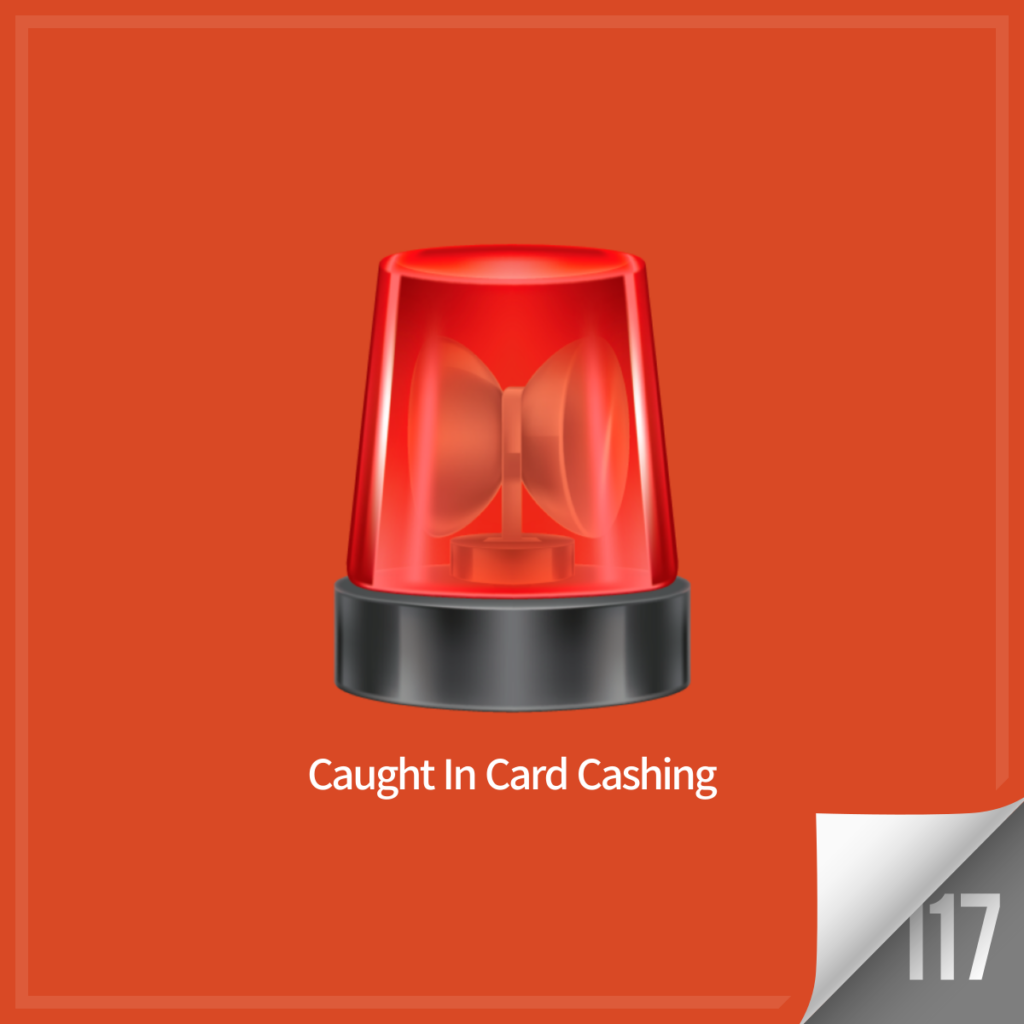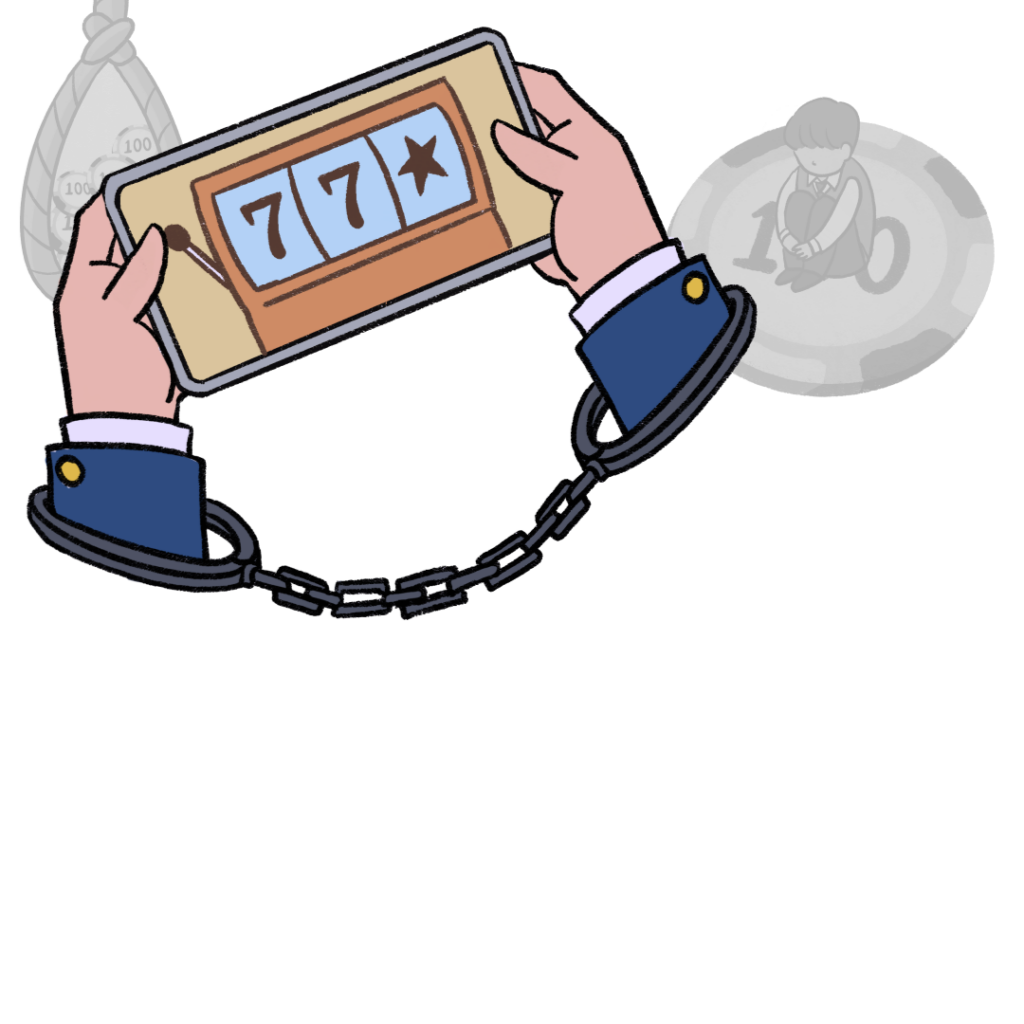Bitcoin(BTC)$67,560.00-1.16%
Ethereum(ETH)$1,949.33-1.61%
Tether(USDT)$1.00-0.01%
XRP(XRP)$1.39-3.47%
BNB(BNB)$614.30-2.01%
USDC(USDC)$1.000.01%
Solana(SOL)$83.49-2.67%
TRON(TRX)$0.2909660.53%
Dogecoin(DOGE)$0.095344-4.06%
 Figure Heloc(FIGR_HELOC)$1.050.00%
Figure Heloc(FIGR_HELOC)$1.050.00%
Caught in Card Cashing: Are the Punishments Really as Severe as People Say?

Caught in card cashing late at night, your phone buzzes with another overdue bill, and your bank balance hovers near zero. In a moment of desperation, you search for quick cash solutions only to find yourself staring at online forums where dozens boast about instant money through card cashing. You wonder, “What
if I try it just once? What if I get caught? ”
As digital payments have transformed South Korea’s economy, a dark side has quietly thrived beneath the surface. Caught in card cashing known as 카드깡 is more common than many realize, and the rumors of harsh punishment often circulate online. But is the reality as terrifying as it sounds? Or is the fear of getting caught blown out of proportion?
This article dives into the real risks, legal consequences, and social fallout of being caught in card cashing, breaking down what actually happens and whether the punishments live up to the hype.
What Is Card Cashing and Why Do So Many Get Caught?
Card cashing, or 카드깡, is the process of turning your credit card’s limit into cash using fake purchases or dubious intermediaries. Instead of buying legitimate goods or services, the cardholder collaborates with a complicit business or broker who, for a fee, hands over cash and processes a bogus sale. Though this practice is illegal in Korea, it remains a tempting shortcut for people under financial pressure.
The lure is obvious: instant cash, no questions asked, and no credit check. But the flip side is clear too.
Card cashing is classified as financial fraud under Korean law,
and getting caught in card cashing can unleash a storm of penalties and personal regrets.
What Actually Happens If You’re Caught in Card Cashing?
Caught in card cashing 카드깡 걸리면 is more than an internet cautionary tale. Korean authorities treat it seriously, and the fallout is rarely just a slap on the wrist.
Legal Consequences
- Criminal Charges: Offenders may be prosecuted for fraud or violations of financial transaction laws. Even a single offense can leave you with a criminal record, heavy fines, or, in severe cases, jail time.
- Fines: Administrative fines for first-time offenders often range from several hundred thousand to millions of won, depending on the cash amount.
- Imprisonment: Repeat offenders or those running organized card cashing operations face possible jail sentences from several months to a few years.
- Financial Blacklisting: Credit card companies may cancel your card, add you to blacklists, or restrict future access to financial products.
- Civil Liability: Card issuers can demand restitution for any losses or damages incurred.
Social and Professional Impact
But the penalties don’t stop with the law. In Korea’s tight-knit, reputation-driven society, being caught in card cashing can ripple through your personal and professional life.
- Job Security: Background checks are common, and even rumors of 카드깡 involvement can make finding or keeping a job difficult.
- Social Stigma: Online news spreads fast, meaning a single conviction can haunt your family, friendships, and business relationships for years.
- Financial Exclusion: Once blacklisted, getting a loan, renting a home, or even signing up for a phone plan becomes much harder.
Are the Punishments as Severe as People Say?

It depends, but the risks are real.
For small, first-time offenses, the courts may hand down fines or probation instead of jail. However, that doesn’t erase the criminal record or public shame.
For repeat offenders, organizers, or anyone involved in large sums, the system comes down hard:
significant fines, long blacklists, and possible jail time are all on the table.
Over the past few years, authorities have also gotten better at detecting and prosecuting card cashing especially with the help of digital evidence and
AI monitoring. While some think of it as a “gray area,” the legal consequences are increasingly clear and severe.
Technology, Tracking, and a Changing Landscape
Ironically, the same digital tools that made card cashing easier have also made it easier for authorities to crack down. AI-driven transaction monitoring quickly flags suspicious spending patterns, and cross-agency cooperation means cases rarely slip through the cracks.
Societal attitudes have shifted as well.
What once was whispered about as a “necessary evil” is now recognized as a threat to financial stability not just for individuals but for the whole system.
What To Do Instead: Safer Alternatives
If you’re tempted by card cashing, financial experts urge you to look for legal and safer options first. Emergency loans, financial counseling, or negotiating directly with your bank
May not offer instant relief, but they spare you the risk of being caught in card cashing and suffering lasting damage.
Already caught? Seek legal advice immediately, and cooperate fully; sometimes, honesty and willingness to make restitution can lessen the penalty.
Conclusion
Being caught in card cashing isn’t just an urban myth; it’s a reality for thousands every year.
While stories of prison and lifelong blacklists do happen, many first-timers receive lesser penalties, but the damage to reputation and peace of mind can linger.
As digital oversight increases, the days of slipping by unnoticed are over. The smartest move is to avoid the risk altogether and seek help before desperation pushes you into the dangers of 카드깡.